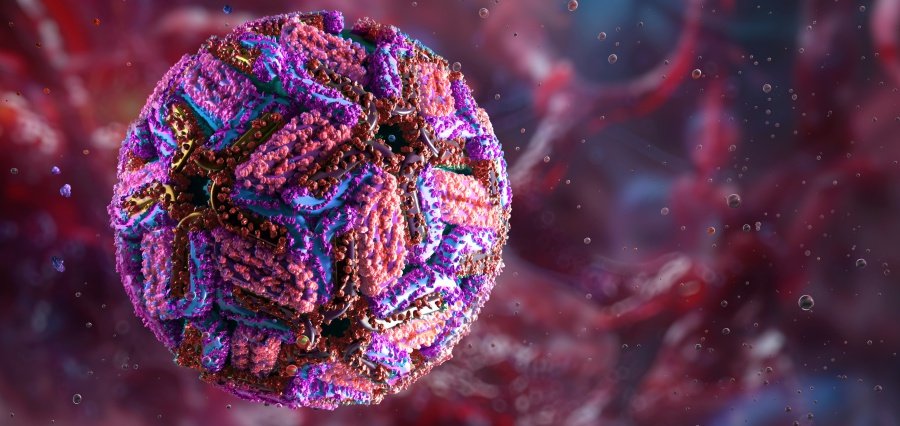Prime Highlights:
Japanese Encephalitis Virus (JEV) detected in mosquitoes around Moree, North-West NSW for the first time.
Increased demand for JEV vaccines, with extra doses being distributed to local GPs.
Key Background:
New South Wales (NSW) health authorities have raised concerns following the detection of Japanese Encephalitis Virus (JEV) in mosquitoes around Moree, located in the state’s north-west. This marks the first such detection in the area, with local General Practitioners (GPs) reporting a surge in vaccination appointments as a result. The JEV detection coincides with the discovery of Murray Valley Encephalitis in chickens from Cowra and West Wyalong in the central west of NSW.
Dr. David Durrheim, a public health physician at Hunter New England Health, highlighted the severity of the situation, warning that the detection signals widespread mosquito infection. He emphasized the importance of vigilance due to the favorable conditions for mosquito breeding caused by recent rain and warm weather.
JEV, which was last detected in humans in NSW in 2022, is transmitted through mosquito bites and can cause severe symptoms including fever, headache, neck stiffness, and neurological complications such as seizures and paralysis. Though only about 1% of cases develop the disease, it can be fatal in one-third of cases, and survivors may suffer long-term neurological deficits.
In response to the increased risk, NSW Health has recommended that residents in the Moree area take extra precautions, such as using insect repellent, wearing long sleeves, and avoiding outdoor activity during peak mosquito hours. Vaccination efforts are ramping up with additional doses of the JEV vaccine set to be distributed to GPs in the region.
While JEV has an available vaccine, no such protection exists for Murray Valley Encephalitis, another mosquito-borne disease detected in sentinel chickens in the state’s central-west. Although most infected individuals show no symptoms, severe cases can result in drowsiness, confusion, and even death. Health officials continue to monitor the situation, urging the public to remain alert and take necessary precautions.










